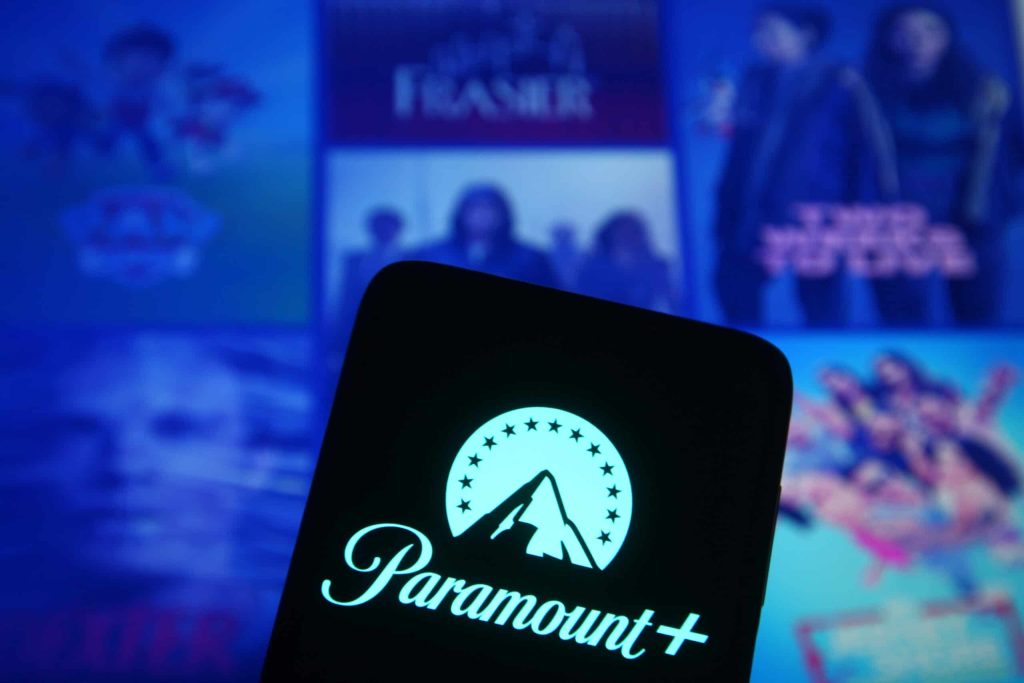In the world of glitz and glam, not all that shines is gold. Hollywood, often recognized as the zenith of cinematic dreams, is currently amidst a storm. The shadow of industrial action is looming large, but if one were to gauge the reaction of the major studios, they would find an air of audacity. Paramount Global, a luminary in the Hollywood landscape, is a prime example.
On a recent Tuesday, against the backdrop of the persistent strikes by writers and actors, Paramount Global presented its Q2 earnings call. And their stance? Surprisingly buoyant. While other media conglomerates have revealed their Q2 results, the dialogue around the strikes remains largely consistent. Paramount’s leadership, akin to their peers, speaks of an impending solution. But that’s not all; they’ve delved deeper into how the current situation could influence their business trajectory.
For the cinephiles and binge-watchers, there’s a silver lining. Paramount boasts a slew of eagerly-awaited projects, all set to hit the screens. However, the journey to the screen will witness a slight detour. The regular promotional extravaganza, involving stars glorifying their roles, won’t be a part of this season. Why, you ask? Union agreements have left these artists contractually bound, restricting them from amplifying their projects.
The films in question are not just any other releases. They bear names like Killers of the Flower Moon, a potential masterpiece from the legendary Martin Scorsese. Then there’s Bob Marley, and If, helmed by John Krasinski. The festive season would witness the laughter riot, Dear Santa, starring Jack Black. And not to forget, A Quiet Place: Day One, which takes the audience back to the terrifying beginning of Krasinski’s 2018 blockbuster, A Quiet Place.
In the voice of Paramount CEO, Bob Bakish:
“With respect to our film slate, the good news is we have a significant number of films on which production is complete. That includes ‘Killers of the Flower Moon,’ ‘Bob Marley,’ John Krasinski’s ‘If,’ as well as ‘A Quiet Place: Day One,’ and ‘Dear Santa’ with Jack Black. We also have the ‘Mean Girls’ musical for Paramount+. Strikes do present some marketing challenges, something we’re working to assess with respect to our release strategy, but again, we’re well stocked. And you heard commentary on the CBS alternate schedule, that too draws from our global multi-platform asset base and is very strong. So from a content perspective, we’re in pretty good shape. Again, it all comes down to duration. And I want to reiterate that we’re hopeful that we can solve this as an industry sooner rather than later because we’d all like to get back in the content production business. But in the near term, we’re working to mitigate the damage the impact to our consumers, and other constituents.”
Understanding the Strike and its Genesis

The saga began on May 2. The Writers Guild of America, frustrated with a contractual stalemate, initiated a strike. Their objective was clear: a fresh contract with the Alliance of Motion Picture and Television Producers (AMPTP), given that the earlier agreement had breathed its last on May 1. Not too long after, on July 14, the Screen Actors Guild-American Federation of Television and Radio Artists (SAG-AFTRA) joined the foray, battling their own set of challenges against the AMPTP.
In Conclusion
Hollywood is navigating choppy waters. With industrial strikes clouding the future, major studios are leaning into their repositories to ensure the show goes on. For Paramount Global, the future holds promise, backed by an impressive array of projects ready for release. Yet, the challenges posed by the strikes are evident and tangible. As the industry grapples with these realities, one thing remains certain: the world of cinema, despite its present hurdles, will find a way to keep its audience captivated.


